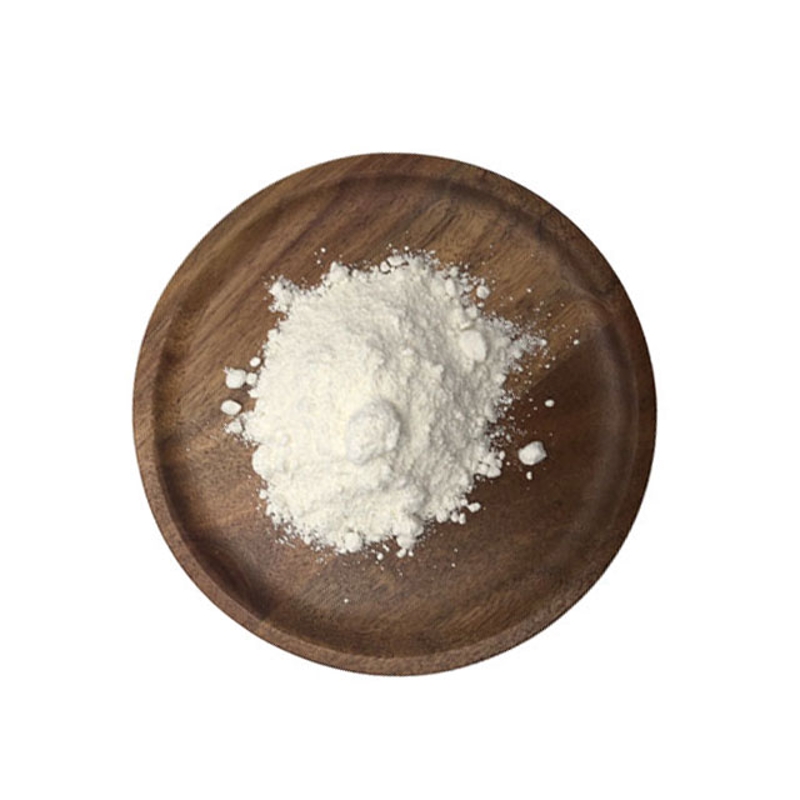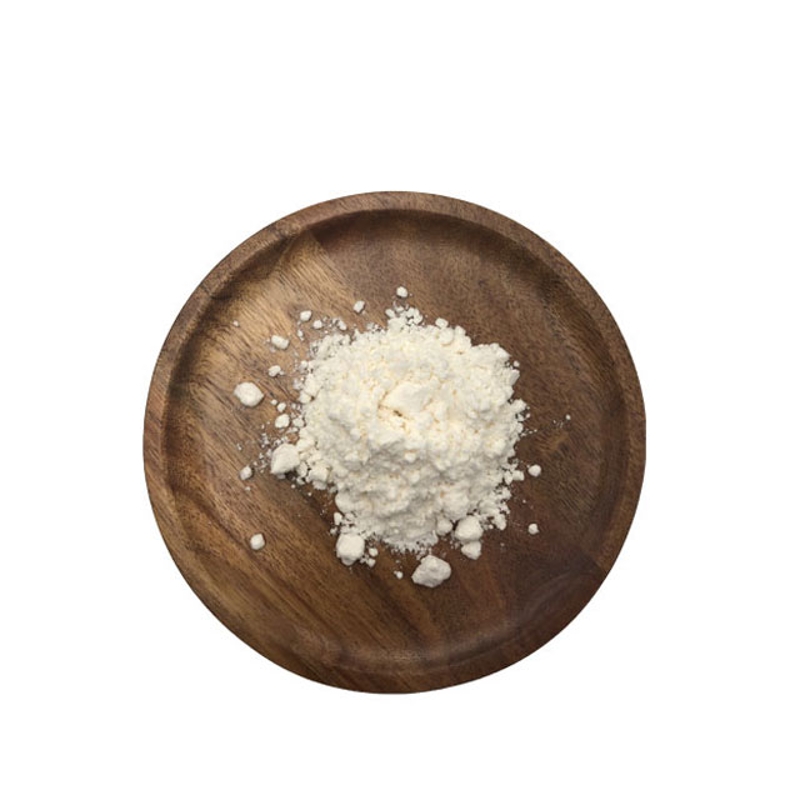Diabetogia: Serum tendon protein- c is independently associated with an increase in major adverse cardiovascular events and deaths in people with type 2 diabetes: a French forward-looking cohort.
-
Last Update: 2020-07-27
-
Source: Internet
-
Author: User
Search more information of high quality chemicals, good prices and reliable suppliers, visit
www.echemi.com
!---- tendon protein-c (TN-C) is an extracellular matrix glycoprotein that is highly expressed in inflammation and cardiovascular diseasecurrently, there is no special study of serum TN-C in patients with type 2 diabetesin this study, we hypothesized that elevated serum TN-C at the time of registration of people with type 2 diabetes was associated with an increased risk of death during follow-up and an increase in major adverse CV events (MACE)we use the forward-looking single-center queue for continuous type 2 diabetes (Suivi R?nal, DIAb?te de type 2 et GENEtique) cohort) as the primary endpoint of total cause-by-death, and MACE (MACE, CV death, non-fatal myocardial infarction or stroke) as the secondary endpointuse the traditional risk factor correction of the proportional risk model and relative comprehensive discrimination improvement (rIDI) to evaluate the incremental predictive value of TN-C on these risk factorswe monitored 1,321 individuals (58 percent male, with an average age of 64 to 11 years) for 89 monthsduring the follow-up period, 442 people died and 497 had MACEmulti-factor Cox analysis shows that serum TN-C concentrations are associated with an increased risk of death (HR/1 SD: 1.27 (95% CI 1.17, 1.38) ;p .lt; 0.0001) and MACE (HR per 1 SD: 1.23 (95% CI 1.13, 1.34) ;p.;p.0001)use TN-C concentrations on the basis of traditional risk factors to predict significant improvements in all-cause death risk (rIDI: 8.2% ;p s 0.0006) and MACE (rIDI: 6.7% ;p s 0.0014), but not by muchresults showed that in patients with type 2 diabetes, the increase in TN-C concentration in serum was independently associated with death and ACE, therefore, using TN-C as a prognosis biomarker can improve the risk stratification of these individuals.
This article is an English version of an article which is originally in the Chinese language on echemi.com and is provided for information purposes only.
This website makes no representation or warranty of any kind, either expressed or implied, as to the accuracy, completeness ownership or reliability of
the article or any translations thereof. If you have any concerns or complaints relating to the article, please send an email, providing a detailed
description of the concern or complaint, to
service@echemi.com. A staff member will contact you within 5 working days. Once verified, infringing content
will be removed immediately.







